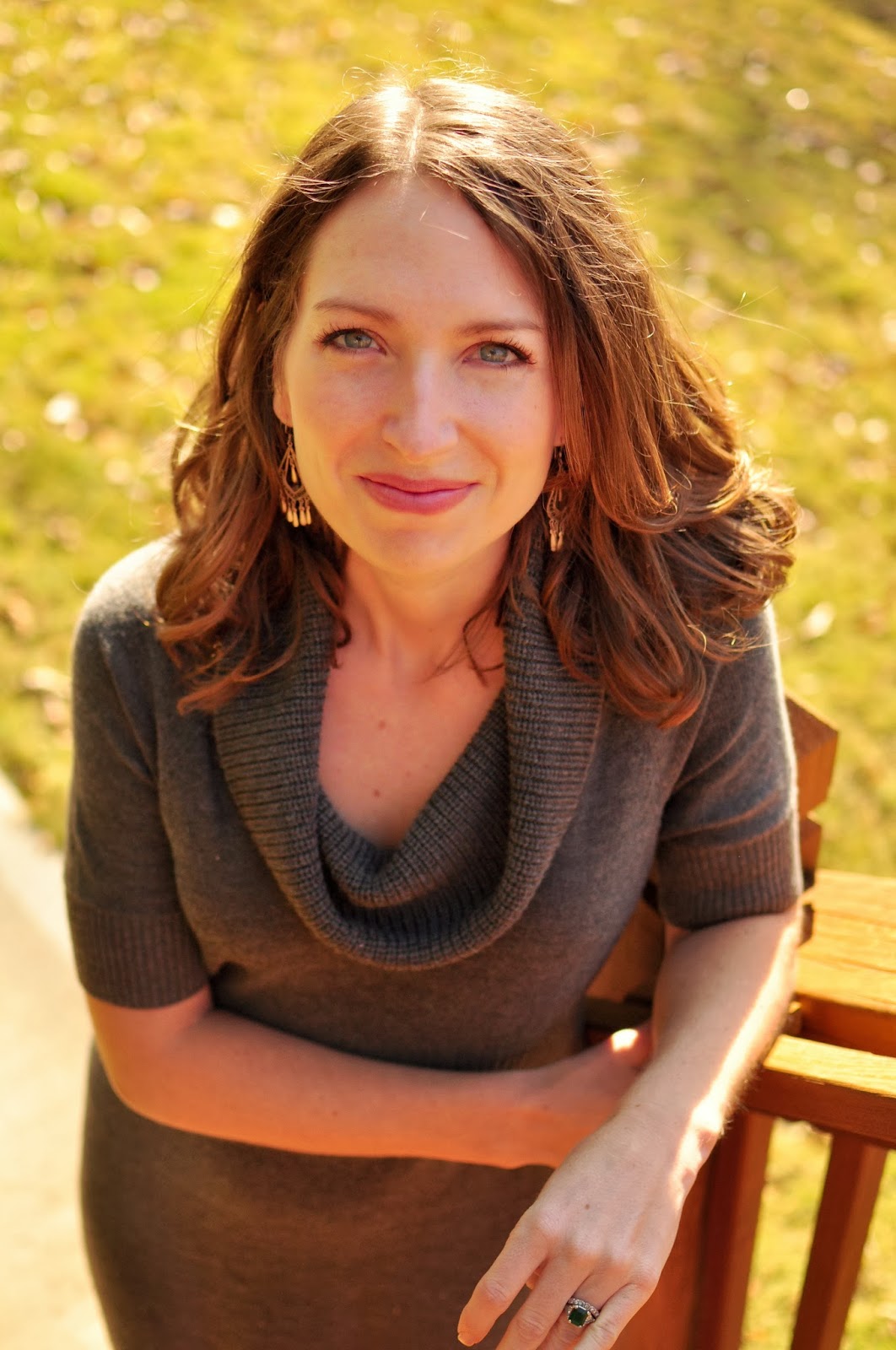A Newbie's World with Erin...
What is the best use of my marketing time and will bring me the most
sales?
Starting out as a new author, I had little idea how much
time I would be expected to devote to marketing my book. And it all seemed
overwhelming: Facebook pages, Twitter feeds, Pinterest, blog posts… But do any
of these really generate new sales? It is my belief, backed up by some
marketing experts, that most of our
social media is merely an avenue for fans to find authors they already like and
admire, not necessarily a place to generate new sales[i].
Social media is all about engagement, i.e. after that
fan/reader has already bought your product, then they will want to know more
about you and your other works. But not necessarily before. If you have to go
looking for followers or likes, or use give-aways to get more people there,
then you are probably not generating sales via social media. Yet.
So what will bring a reader to you? REVIEWS.
Reviews help Amazon to promote your book for you. I read
somewhere (though of course I can no longer find the source!) that after 30
reviews, Amazon starts to list your book in its recommendations. In addition, the more reviews, the more
likely a potential reader is to buy your book. Think about it – we want a
trusted source – other consumers – to tell us that this book is great!
So how do you get them? Unfortunately, it involves EFFORT.
There is no easy way to get more reviews. Here are the ones
I have discovered:
1. Friends and family: your network is always your best shot. Ask people who you know have read your books in a personalized email (not a mass email), and explain why reviews are important to you. I also include some tips – ask them to talk about why they liked a specific character, setting, or theme in your book.
2. Review groups: reviewing other authors’ books for a review in turn. These should never be reciprocal reviews, however, as Amazon frowns on this practice. And, it might give a bit of dishonesty to your review. MFRW often offers up new review groups starting up.
3. Bloggers: check out bloggers who review your type of books. Simply Google your genre and reviews and you should get a bunch. Also try the same search on Facebook. Personally, I have not had as much luck with bloggers, however one good trick is to include a few pieces of personal information on the specific blogger in your request. For instance, “I read your review on…and thought you might be interested in my novel___ because of its themes of ____.” Also be sure to always find and use the blogger’s name and some other piece of information about them (likes, personal preferences, hometown, whatever).
4. Regular people: search on Amazon for books like yours, and then find reviews that don’t seem to be from a friend or family member. If the reviewer has an email address listed, send them an email and ask if they would be interested in your book in return for a review. No obligation.
5. If possible, in your next release, include a note to your readers about how much you appreciate their feedback (listing all of your contact information), and then make a request for reviews. Note how important they are for you.
2. Review groups: reviewing other authors’ books for a review in turn. These should never be reciprocal reviews, however, as Amazon frowns on this practice. And, it might give a bit of dishonesty to your review. MFRW often offers up new review groups starting up.
3. Bloggers: check out bloggers who review your type of books. Simply Google your genre and reviews and you should get a bunch. Also try the same search on Facebook. Personally, I have not had as much luck with bloggers, however one good trick is to include a few pieces of personal information on the specific blogger in your request. For instance, “I read your review on…and thought you might be interested in my novel___ because of its themes of ____.” Also be sure to always find and use the blogger’s name and some other piece of information about them (likes, personal preferences, hometown, whatever).
4. Regular people: search on Amazon for books like yours, and then find reviews that don’t seem to be from a friend or family member. If the reviewer has an email address listed, send them an email and ask if they would be interested in your book in return for a review. No obligation.
5. If possible, in your next release, include a note to your readers about how much you appreciate their feedback (listing all of your contact information), and then make a request for reviews. Note how important they are for you.
[i]
recent Verso
survey estimated that barely 12% of books are discovered from social
networks whereas 50% are passed on via personal recommendations. (http://www.theguardian.com/books/2012/jun/06/become-an-ebook-superstar)
Sources:
http://www.amazon.com/gp/richpub/syltguides/fullview/RNCWTLEMV71VM (great information here!!)
Think Twitter is better for generating sales? Leave your thoughts!
 Erin
ErinErin writes paranormal romances as Erin Moore and has only just begun to learn all about marketing them! She contributes to the MFRW Marketing Blog with her monthly column, A Newbie's World.
She is usually found on Twitter, but may soon be on an Amazon binge, so look out! She manages two monsters and one unruly husband in Atlanta, main-lining chocolate and tea. Look her up on www.AuthorErinMoore.com or, of course, on Twitter: @AuthorErinMoore.






